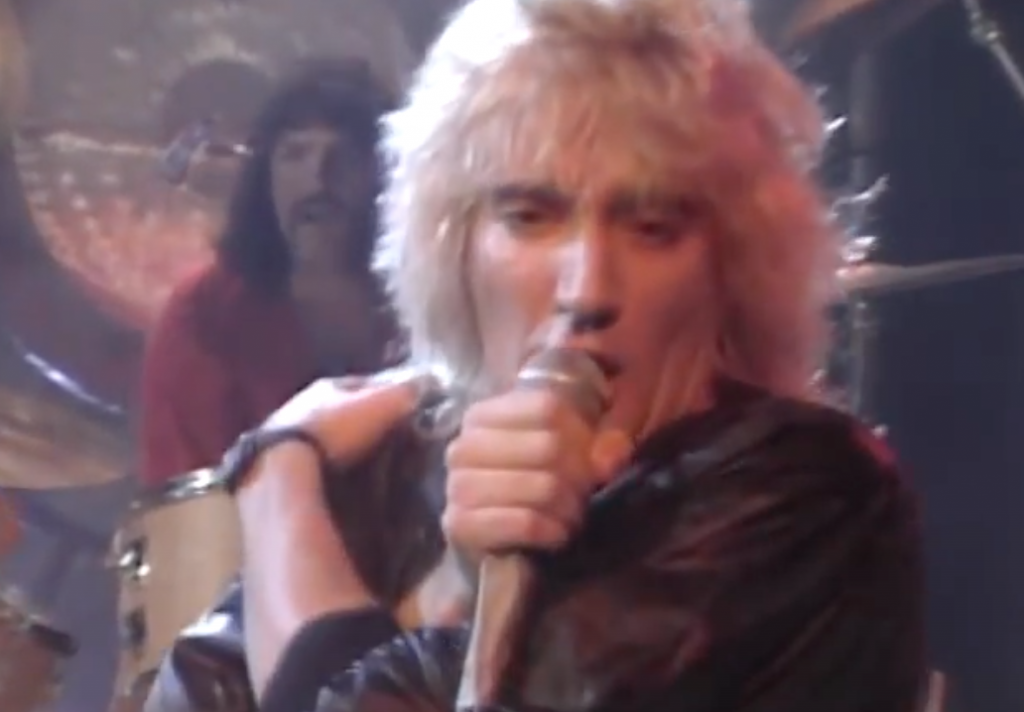TL: DR: Waiting hurts more than doing.
Like you, I thought we’d be back to “normal” by now. But, this IS the normal. If only there was a date on the calendar where everything would reopen and stay open. I wrote a song about it, in fact! ;)
“I haven’t picked up my guitar in five months.” “I’m just trying to hang on.” “I’m overwhelmed, grateful, and discouraged.” “I’ve let fear of failure hold me back.” “My motivation just disappeared.”
These are real quotes from real clients and colleagues of mine, past and present. They completed the free, no-obligation "2021 Planning Survey” that I launched earlier this month. Their responses floored me. (You can take the survey here!)
Having places to perform and dates on the calendar gives us a sense of control, organization, purpose, and hope. When those guardrails aren’t there, it’s natural to feel like it’s not even worth picking up the guitar, writing down a lyric, taking a class on Zoom, or singing in the car. Why bother getting better just to play to your own four walls?
I invite you to stop comparing the current “Normal” to last year’s “Normal,” except in one way that might hurt a little:
The reasons you’re not making music now were there a year ago.
Blame the pandemic for ruining a lot of things, but you can’t blame it for taking away your ability to make music. You still have the ability. However, it might be buried under a lot of self-imposed conditions.
If you were only motivated by playing at open mics, you’re lost without them. If you are busy thinking about how to get everything done and don’t have room or time to practice in your crowded house — you had a variation on that excuse in 2019, too (I sure did). If you depended on auditions to give you a reason to learn a new song, then yeah, you’re out of reasons.
And if you still think Zoom and Facebook Live are the only ways you can make music online, you’re screwed. Yeah, I said it. I have spent most of this pandemic trying to show you and everyone I know that there are musical alternatives that let you play live, in collaboration with other players and in front of an audience. Are you listening? :)
Stop waiting for someone or something to sanction your musical activity. It’s in your power to play right now. Just like a certain other activity that usually gets more enjoyable even when you’re not initially in the mood, you can get into the mood for music. No candles or special lighting needed!
Step One: Do something you think is dumb. Set a timer and play three scales in one minute, then put the guitar down until tomorrow. Play wrong notes on purpose. Find a warmup video on YouTube (this one is only two minutes long!) and sing along badly, then turn it off and throw in another load of laundry. Sing, but don’t sing in your own voice. Sing in your best Kermit The Frog voice. Then do a Marilyn Monroe voice. Keep it short, and keep it dumb. Take all the risk out of it so you can put the fun back into it.
Step Two: Do something you think is difficult. Take the workshop about how to use online music tech. Come to the songwriting seminar. Do morning pages in “The Artist’s Way.” Buy a microphone for your laptop on Amazon and record cover songs. Let your kids teach you how to use social media so you can share your performing. Listen to a new Spotify channel of music you really dislike, and find two good things about it. Audition for my next studio album, even if you don’t like country music! Take a big risk. Don’t wait for months on end, in the hopes of going back to before. Normal is now.
Doing the dumb and the difficult works in and out of pandemics. Short, stupid music actitives keep you from feeling overwhelmed. Undertaking something big makes you feel like the rock star you actually are. Bring musical mojo back into your life by changing your expectations. It feels a lot better than missing what’s already gone.



















